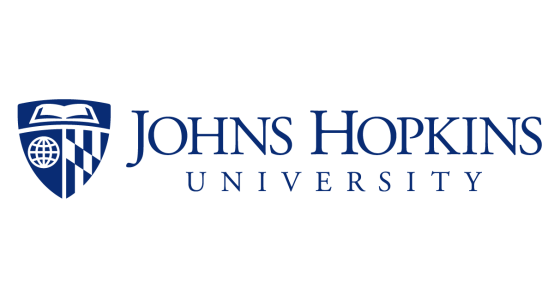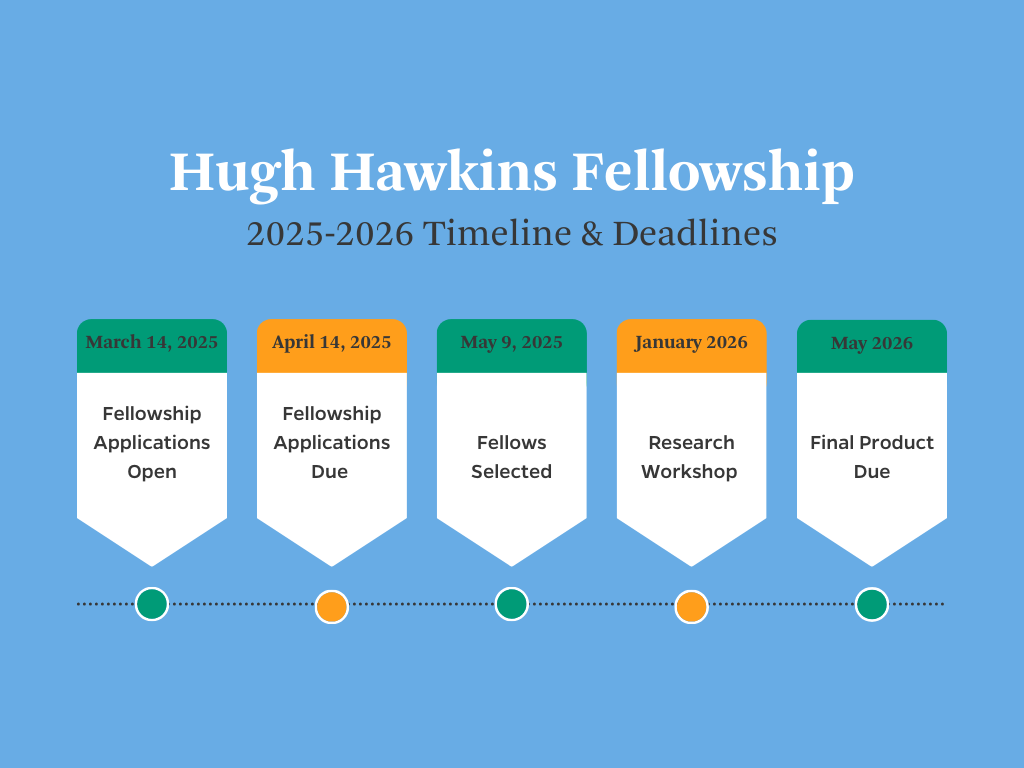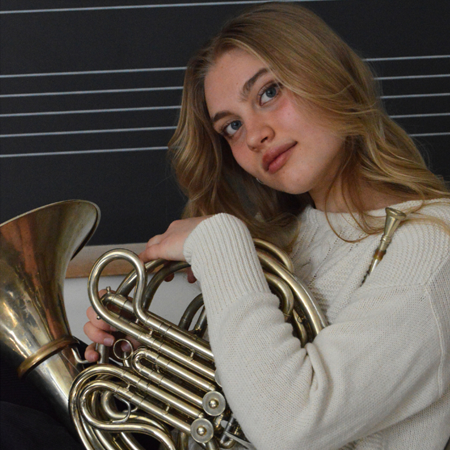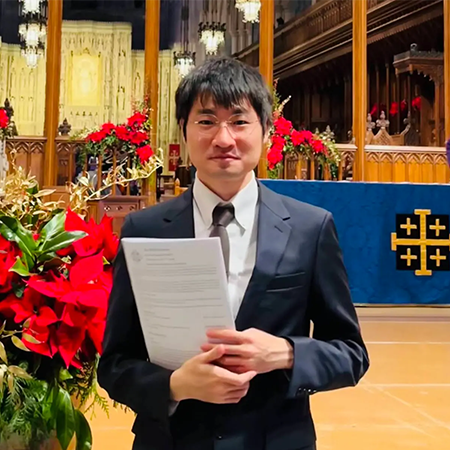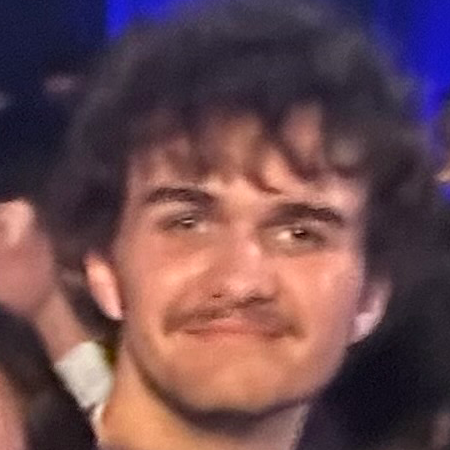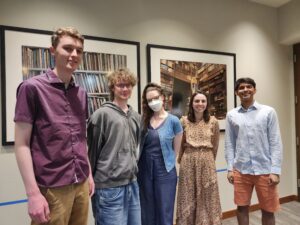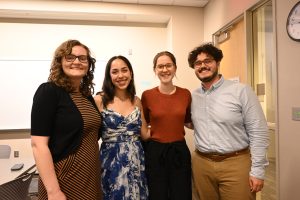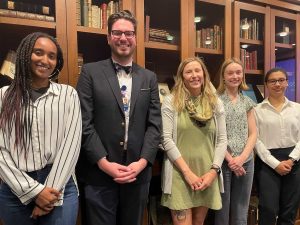Eligible Archival Repositories
Archivists at each of these repositories welcome research inquiries and are available, given ample notice, to help you identify materials relevant to your research interests and to offer suggestions on refining your research topic given the available sources.
Located on the Homewood campus, the Ferdinand Hamburger University Archives is the official archival repository for the Homewood campus divisions of The Johns Hopkins University: Central University Administration, Zanvyl Krieger School of Arts and Sciences, G.W.C. Whiting School of Engineering, Carey Business School, and the School of Education. It is also the repository for the Paul H. Nitze School of Advanced International Studies, based in Washington, DC.
To contact the archives about relevant collections and/or to identify an archivist mentor, email: specialcollections@lists.jhu.edu
Located on the Mount Washington campus, the Alan Mason Chesney Medical Archives is the official archival repository for the Johns Hopkins Medical Institutions: The Johns Hopkins Hospital, the Johns Hopkins University School of Medicine, the Johns Hopkins University School of Nursing, and the Johns Hopkins Bloomberg School of Public Health.
To contact the archives to request an archivist mentor, or for inquiries about their collections, email: archives@jhmi.edu
Located on the Peabody campus, the Peabody Archives maintains the records of the Institute and over 200 special collections of former faculty and alumni, other distinguished scholars, composers, and performers, and performing arts organizations in the Baltimore/DC area.
To contact the archives to request an archivist mentor, or for inquiries about their collections, email: peabodyarchives@lists.jhu.edu.
